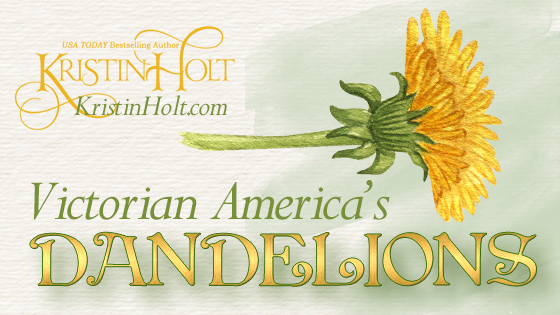
by Kristin Holt | May 31, 2022 | Articles
Dandelions were so much more than weeds to our Victorian ancestors. Not only were the tender plants sought for springtime vegetables and salads, but for tea, coffee, wine, beer, and prominent medicinal value. 19th century cook books and newspapers share the Victorian-American viewpoint on the value of dandelions from blossom to root. Recipes for edibles and curatives, advertisements, and more!
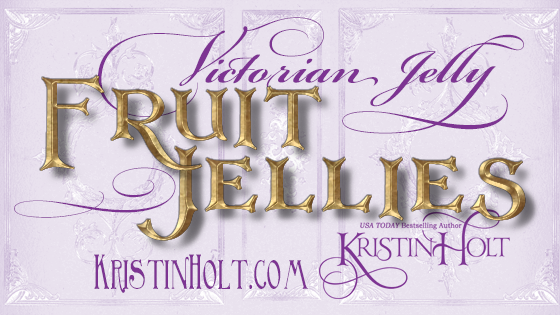
by Kristin Holt | Aug 25, 2021 | Articles
Nineteenth-century recipes for fruit jellies–the kind spread on toast or between cake layers. Vintage details instruct cooks on jellies (and jams) made of raspberry, cranberry, apple, strawberry, quince, three hues of currant, peach, plum, cherry, gooseberry, and more. How they capped their jelly tumblers might surprise you…
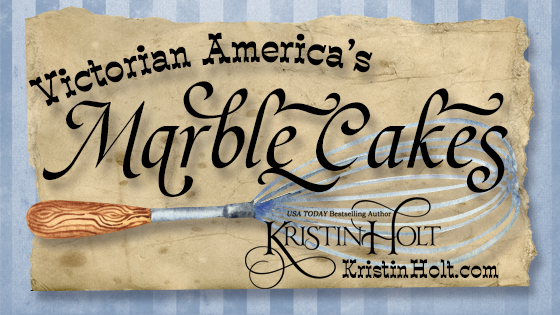
by Kristin Holt | Aug 13, 2021 | Articles
German immigrants brought Marmorkuchen–marble cake–to the United States. Vintage cook books and newspapers show spice-and-yellow cake batters swirled together. Late-nineteenth-century bakers began to swap spice cake for chocolate. Delicious vintage baking!
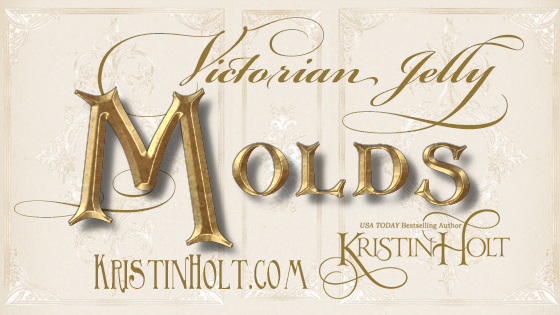
by Kristin Holt | Jun 19, 2021 | Articles
Fancy jellies graced 19th century tables, molded in dishes made of tin, zinc, copper, and various ceramics. Photographs of antiques, together with vintage advertisements, illustrate this Victorian kitchen staple.
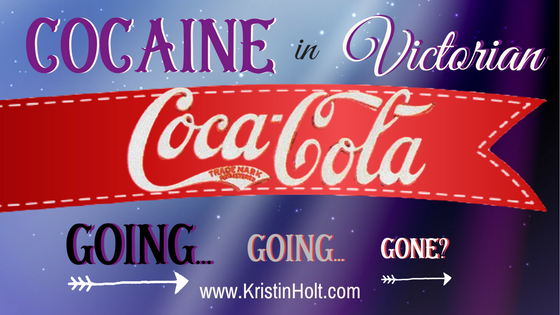
by Kristin Holt | Jul 11, 2017 | Articles
We know original Coca-Cola (debuted 1886) did have cocaine in it–and not “a trivial amount”. The product began as a replacement for coca wine (just what it sounds like), when temperance laws outlaws alcohol, and Pemberton needed a replacement vector for his coca leaves. Looking back at vintage sources, it’s easy to see when cocaine was removed from Coca-Cola, and how the owners ensured their not-yet-trademarked product remained protected. Numerous credible scientists analyzed the syrup (from various retail locations), swearing to Coca-Cola’s freedom from cocaine, but the attacks didn’t stop overnight. Decades later, Coca-Cola maintained its status as a substance-free “refreshing drink”, a 180° switch from its Patent Medicine beginning.













